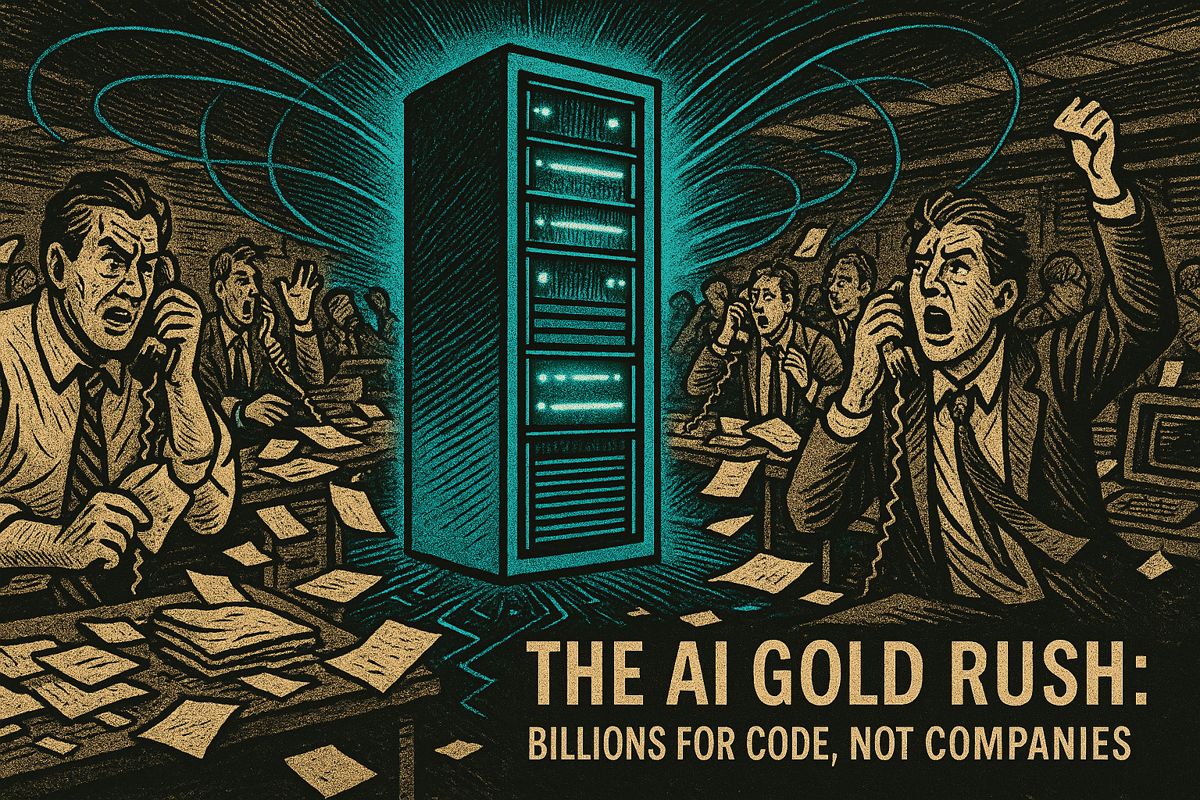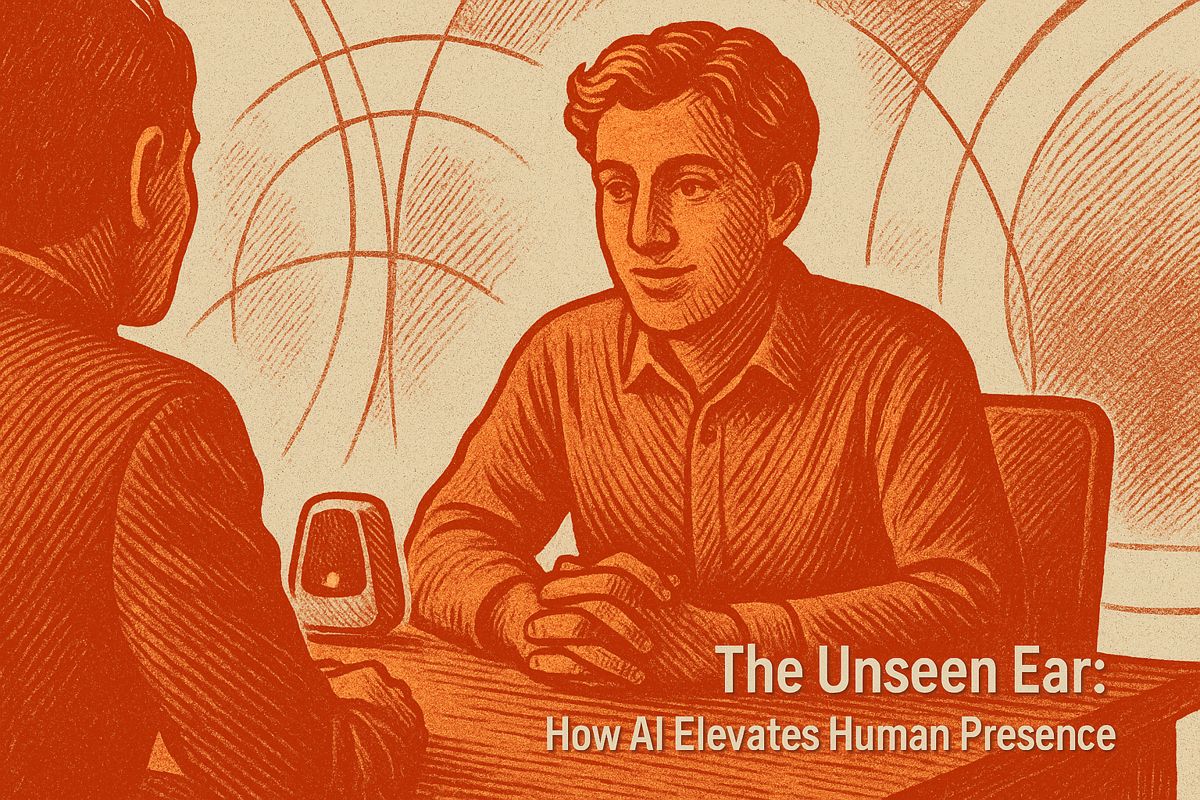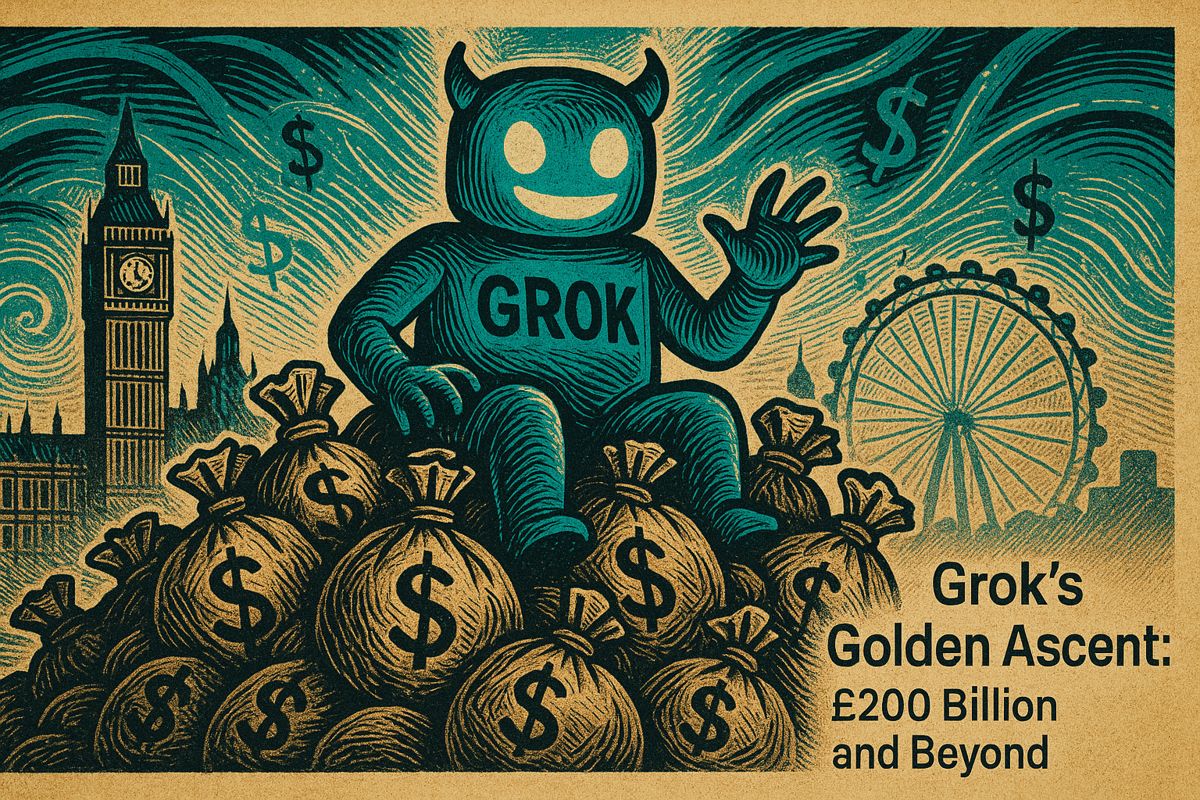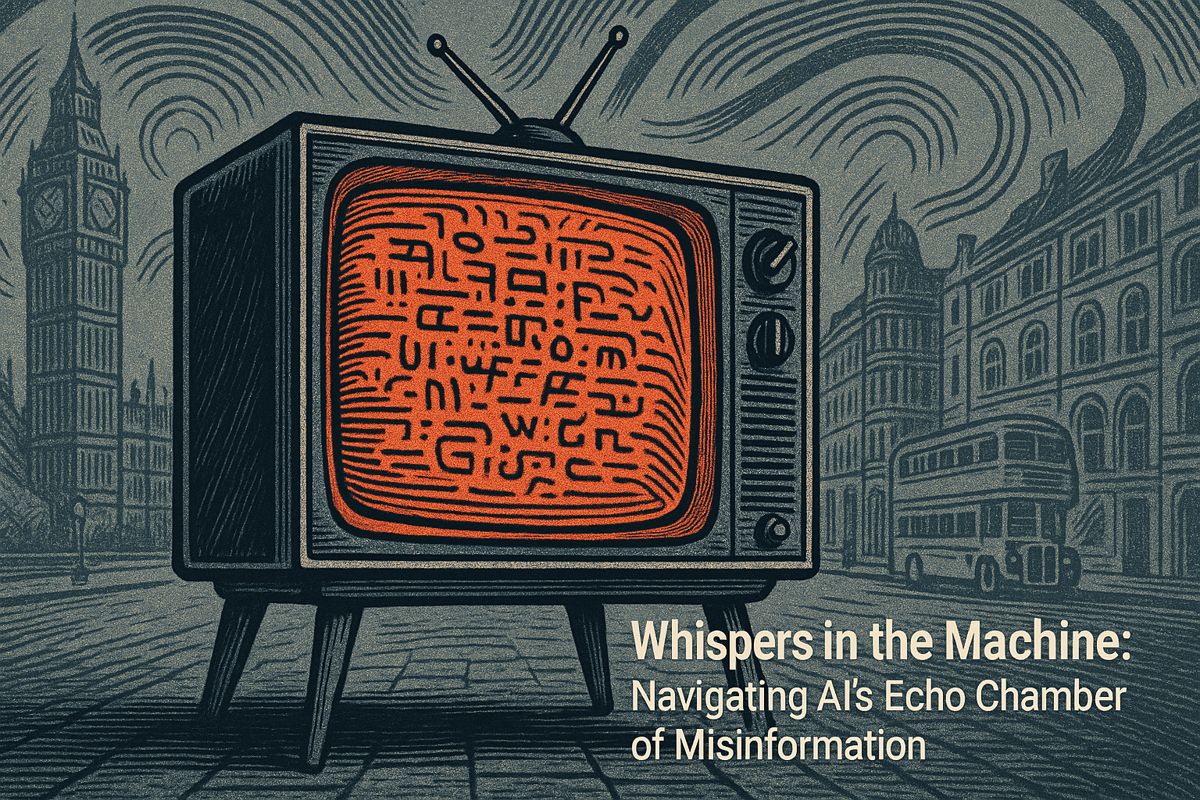Google just made a huge splash, pouring $2.4 billion into Windsurf, a company that makes amazing AI tools for writing code. This wasn’t a full company takeover, but a smart move to grab Windsurf’s brilliant team and their special tech, like Supercomplete and Cascade. Imagine AI that can almost read your mind to finish your code, or even turn a picture into a working app – that’s what Google is getting! They want to make their own AI, Gemini, super powerful for developers. This means a future where AI might write most of the code, changing how we build software forever.
What is Google’s acquisition of Windsurf all about?
Google acquired Windsurf (formerly Codeium) for $2.4 billion, not as a full company buyout, but as a licensing and hiring maneuver. This strategic move injects Windsurf’s core team and its advanced AI code-completion technology, including Supercomplete and Cascade, into DeepMind to enhance Gemini for developer tasks, while Windsurf retains the ability to license its tech elsewhere.
Coffee, Code, and a $2.4 Billion Surprise
Occasionally, my mornings start with a whimper—the dim light, the grainy taste of instant coffee, and far too many Slack pings. Today? I nearly spilled my mug. Google just scooped up Windsurf (the artist formerly known as Codeium) for $2.4 billion, hot on the heels of OpenAI’s failed $3 billion play. The news flashed across my screen with the urgency of a fire alarm. Back in my comp-sci days, getting even a simple IDE plugin to run felt like summiting Everest. Now, Google and OpenAI are fencing over code-completion startups like pirates fighting for the last map to El Dorado.
Maybe I’m feeling nostalgic, but I remember a friend in college who swore he’d automate his assignments and never type again. We scoffed. Yet here we are, with Varun Mohan and Douglas Chen—MIT alumni and co-founders—turning that punchline into a nine-digit headline. It’s the kind of meteoric ascent that reads like Wired fanfiction: ditch your GPU virtualization gig, chase developer tools, and three years later DeepMind is cutting you a check worthy of a fintech unicorn. I’ll admit, I wasn’t always a believer in “agentic coding”—but it’s hard to argue when the numbers are this dazzling.
The Mechanics of a Mega-Deal
Let’s shift gears and look at the bones of the story. Google is forking over $2.4 billion for Windsurf’s people and intellectual property, not the shell company itself (as confirmed by TechCrunch and PYMNTS). The acquisition is a licensing-plus-hiring maneuver, not a full buyout—a kind of corporate sleight of hand. OpenAI’s earlier deal fell apart, hamstrung by Microsoft’s spiderweb of IP rights. There’s a lesson there: in Silicon Valley, the devil is always in the licensing details.
Windsurf’s code-completion technology isn’t your average autocomplete; their Supercomplete and Cascade features serve over a million developers, with image-to-code abilities transforming wireframes into functioning code—almost like watching Rorschach inkblots materialize into apps. Google’s strategy is clear: inject Windsurf’s core team into DeepMind and turbocharge Gemini for developer-focused tasks. Meanwhile, Windsurf the company remains free to license its tech elsewhere. In a world where generative AI is viewed as a commercial El Dorado, this partial acquisition feels like the sound of high-stakes chess pieces moving.
Automation, Uncertainty, and the Future of Code
So what’s really at stake? There’s a gold-rush atmosphere—a sense that whoever wields the shiniest, most versatile coding AI might control the future productivity of humankind. Windsurf’s Supercomplete doesn’t just predict your next line; it’s like a mind-reading sous-chef, slicing through boilerplate while you focus on the main course. Cascade, meanwhile, turns AI into a sleepless pair programmer who won’t judge your typos.
Still, I feel a blend of curiosity and anxiety. CEO Varun Mohan claims that, within ten years, the lion’s share of code—up to 90%—could be AI-generated. Is that optimism, hubris, or both? I used to think these predictions belonged on a sci-fi panel, but after reading about Windsurf’s trajectory, I’m less sure. Perhaps, like the aroma of solder and burnt silicon in an undergrad hardware lab, it’s the scent of inevitability. I do wonder: will this revolution actually free up human minds for more creative pursuits, or just shift the drudgery somewhere new?
Reflections on Billion-Dollar Tools and the Road Ahead
There’s irony here that’s hard to ignore. The same engineers who built internal tools to save five hundred grand in SaaS fees are now at the heart of a multi-billion-dollar arms race. I’m honestly a bit jealous—and impressed. A twinge of regret flickers: years ago I dismissed LLM-powered coding as a novelty. Now, watching this, I’ve learned to keep an open mind. Oops.
Sometimes, I catch myself wondering what my old friend—the would-be script king—would make of all this. He’d probably be pestering me for a DeepMind referral by now. Maybe that’s the real punchline: in tech, the jokers eventually run the table. AI-generated code may soon be as ubiquitous as the faint glow of a midnight monitor, and whether that’s exciting or terrifying depends on which side of the compiler you wake up on. Boom. Or should I say… thunk?



















